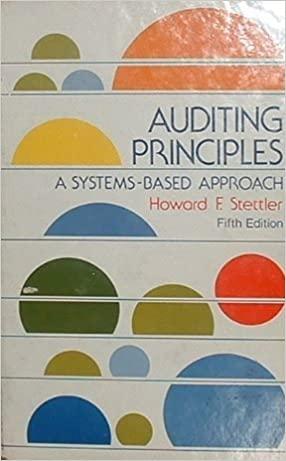: Please, consider the following questions and post substantial (detailed, informative) answers to them. Please, post your first set of (original) comments by Wednesday midnight and then return between Thursday and Saturday and post comments on at least 5 of your fellow students' comments. Your posts will be graded! I. Case 2.1: Fighting Injustice. Were Rachel's actions moral? Were they ethical? Are there better, more moral/ethical actions that she could have chosen? Please, pick one of the philosophers we discussed in previous weeks (Aristotle, Mill, Kant, etc.). Would s/he agree with Rachel's action? Why or why not? II. Some of you are both students and employees. If you don't mind, tell about your current or previous job and position and using the definitions the textbook presented - consider whether or not you are/were a professional. If you don't want to share about your employment, consider some other professions (being a teacher, or being cab/uber driver, e.g.) III. On page 60, the authors tell about a lawyer who made a decision about a difficult case on the basis of her interpretation of her professional standards and duties. What is your position: was she right or wrong? Explain your position (and please, try to avoid the fallacy of appealing to emotions. In other words, try to approach the problem as an impartial professional. What would you consider as the strongest objection to your own position? IV. If you don't mind, share a bit about your ambitions: what career are you considering now for your own future? Would you consider that a professional career and if so, consider some of the ethical standards that you will be required to follow. : Please, consider the following questions and post substantial (detailed, informative) answers to them. Please, post your first set of (original) comments by Wednesday midnight and then return between Thursday and Saturday and post comments on at least 5 of your fellow students' comments. Your posts will be graded! I. Case 2.1: Fighting Injustice. Were Rachel's actions moral? Were they ethical? Are there better, more moral/ethical actions that she could have chosen? Please, pick one of the philosophers we discussed in previous weeks (Aristotle, Mill, Kant, etc.). Would s/he agree with Rachel's action? Why or why not? II. Some of you are both students and employees. If you don't mind, tell about your current or previous job and position and using the definitions the textbook presented - consider whether or not you are/were a professional. If you don't want to share about your employment, consider some other professions (being a teacher, or being cab/uber driver, e.g.) III. On page 60, the authors tell about a lawyer who made a decision about a difficult case on the basis of her interpretation of her professional standards and duties. What is your position: was she right or wrong? Explain your position (and please, try to avoid the fallacy of appealing to emotions. In other words, try to approach the problem as an impartial professional. What would you consider as the strongest objection to your own position? IV. If you don't mind, share a bit about your ambitions: what career are you considering now for your own future? Would you consider that a professional career and if so, consider some of the ethical standards that you will be required to follow







